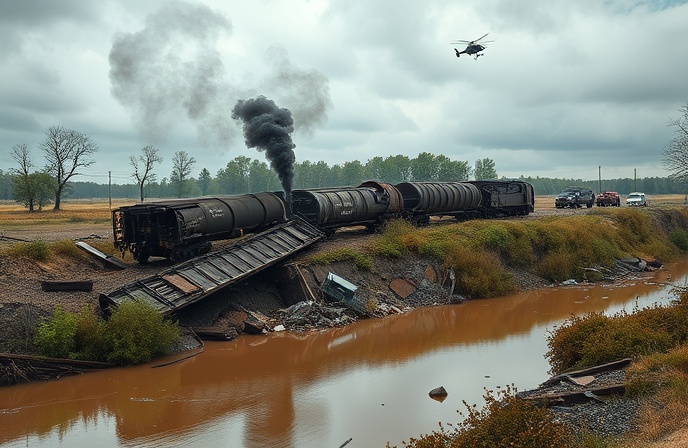Honolulu Rail Dispute: Hitachi vs HART, Project Management Failure?

Introduction
This article analyzes the significant legal dispute between Hitachi Rail and the Honolulu Authority for Rapid Transportation (HART) concerning the Skyline rail project in Honolulu, Hawaii. The $324 million lawsuit filed by Hitachi Rail highlights critical issues within large-scale public transit projects, specifically concerning contract management, inter-contractor coordination, and the consequences of project mismanagement. The case serves as a cautionary tale illustrating the potential for substantial financial losses and protracted delays when effective project oversight and coordination are lacking. We will explore the intricacies of the contract dispute, examining the alleged breaches by HART, the impact on Hitachi Rail’s financial performance, and the broader implications for future large-scale infrastructure projects. The analysis will delve into the organizational structure employed by HART, the challenges of managing multiple contractors on a complex project, and the role of independent oversight in mitigating risk. Ultimately, the article aims to provide insights into best practices for managing complex railway projects and preventing similar disputes.
The Skyline Rail Project and its Challenges
The Honolulu Skyline rail project, intended to be the first fully automated, driverless light rail system in the United States, has been plagued by delays and cost overruns from its inception. HART’s decision to utilize a multi-contractor approach, rather than a single design-build contractor, significantly increased the complexity of project management. This decentralized approach required exceptional coordination and communication among various contractors responsible for different aspects of the project, including design, construction, vehicle supply, and operations and maintenance. The lack of effective coordination, as alleged by Hitachi Rail, led to significant delays and conflicts, ultimately contributing to the current litigation.
Hitachi Rail’s Lawsuit Against HART
Hitachi Rail’s lawsuit against HART alleges breach of contract and unjust enrichment, citing several instances of mismanagement. These include the installation of incompatible track by another contractor, forcing Hitachi Rail to incur unexpected costs. Further, Hitachi Rail claims that HART prematurely directed them to mobilize their operations and maintenance workforce 18 months ahead of schedule, resulting in substantial financial losses. These allegations underscore the critical role of effective project planning and oversight in minimizing such risks. The independent oversight consultant, Hill International, seemingly corroborates Hitachi Rail’s claims, adding weight to their legal position.
The Implications of Project Mismanagement
The Skyline rail project’s problems extend beyond the immediate legal dispute. The delays have resulted in increased costs for taxpayers, disrupted public transportation planning, and damaged public trust in HART’s ability to manage large-scale infrastructure projects. The case emphasizes the importance of robust contract management, clear communication protocols, and proactive risk mitigation strategies in minimizing the likelihood of disputes and cost overruns. The selection of contractors, the allocation of responsibilities, and the establishment of clear accountability mechanisms are all crucial elements that must be carefully considered during the planning and execution phases.
Conclusions
The Hitachi Rail lawsuit against HART concerning the Honolulu Skyline rail project exposes significant failings in project management and inter-contractor coordination. The decision by HART to utilize multiple contractors, while potentially offering perceived cost savings initially, ultimately created complex logistical challenges that led to significant delays, cost overruns, and ultimately, legal action. Hitachi Rail’s claims of incompatible track installation and premature workforce mobilization highlight the critical need for meticulous planning, stringent quality control, and effective communication among all stakeholders. The independent validation of Hitachi Rail’s claims by Hill International strengthens their case and underscores the gravity of the situation. The project’s delays and cost overruns not only impact Hitachi Rail financially but also negatively affect the public through increased taxes and delayed access to a vital transportation system. The case serves as a stark reminder of the substantial risks associated with poorly managed infrastructure projects and emphasizes the importance of implementing comprehensive risk mitigation strategies, including robust contract management, clear lines of communication, and independent oversight. Future large-scale public transit projects must learn from this experience and prioritize meticulous planning, effective communication, and robust contract management to avoid similar outcomes. The ultimate resolution of the lawsuit will undoubtedly have significant financial implications for both parties and will set a precedent for future rail projects, underscoring the need for stricter oversight and accountability in public works contracts.




